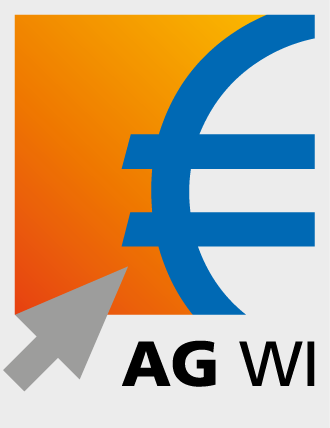The quest for Open Source knowledge (MA)
After more than a decade Microsoft has transformed from the famous claim of Steve Ballmer: "Linux is a cancer" [2] to Satya Nadellas "Microsoft loves Linux" [3]. Nowadays “Open Source is fueling the digital transformation” as most of the speakers at the 4th Open Source Forum of Bitkom agreed [1].
However, working with Open Source Software requires a distinct set of social skills, capabilities and even personality traits. Among these are for instance the skill to identify, use and collaborate with a community of peers as well as the willingness to contribute and leverage the power of collective intelligence. This is especially true, the more complex the application systems become. Magento, Shopware or Odoo for example consist of underlying architectural frameworks with lots of components and are catering to a diverse set of application domains.
The necessity to acquire knowledge is not only limited to developers but to all kinds of stakeholders of a given Open Source ecosystem. Within this master thesis project, we'd like to conduct a structured qualitative analysis (i.e. related literature analysis, semi-structure questionnaires of relevant focus groups) on how relevant knowledge of a specific Open Source ecosystem is obtained and accumulated by its stakeholders.
The goal of the thesis is to draw a knowledge acquisition reference model. This reference model should include definitions of Open Source ecosystems, involved stakeholders, frequently used sources, types and quality of information as well as identifiable processes and parameters through which this knowledge is acquired and shared among its members.
This reference model, though qualitative in nature, should help all identified stakeholders alike. Decision makers for instance should predominantly be informed about a “golden” standard that helps them to focus their training and process standardization efforts for employees as well as their strategy. For the individual employee the reference model should offer a blueprint that is easily adoptable and applicable in the own environment.
The work will jointly be supervised and guided by senior researchers of Otto-von-Guericke University and initOS GmbH, a young entrepreneurial Open Source company both located in Magdeburg. We are expecting highly motivated individuals with solid skill in spoken and written English and a broad and intense enthusiasm for Open Source Software. Solid experiences in collaborative software development using Python, PHP or any other programming language would be appreciated.
Please contact: Frederik Kramer (frederik.kramer@initos.com) or Sascha Bosse (sascha.bosse@ovgu.de) for further details.
[1] https://www.bitkom.org/bfoss17/
[2] https://www.theregister.co.uk/2001/06/02/ballmer_linux_is_a_cancer/
[3] https://blogs.technet.microsoft.com/windowsserver/2015/05/06/microsoft-loves-linux/





